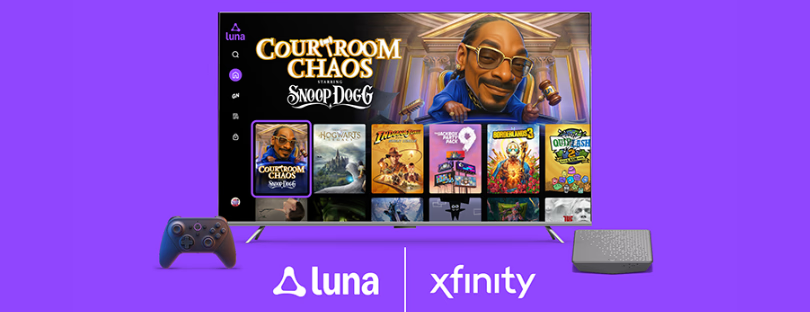
Vodafone invests €20 million to advance digital skills and education across 13 European countries and Turkey
The EU Digital Skills and Job Coalition reports that 37% of EU workers have insufficient digital skills, and there are clear signs that the digital skills gap is widening. By 2020, there could be almost 500,000 unfilled digital technology jobs in Europe. The Vodafone Foundation announced an investment of €20 million for funding initiatives on digital skills and education programs. digital skills europe
Countries such as Albania, Czech Republic, Germany, Greece, Hungary, Ireland, Italy, Luxembourg, Netherlands, Portugal, Romania, Spain, Turkey, and the UK will receive funding for digital skills, Vodafone said. This investment is expected to reach 16 million learners by 2025.
The programs, delivered in partnership with charities and NGOs, will enable people to develop their knowledge and skills in using digital technologies.
Nick Read, CEO of Vodafone Group said: “Vodafone is proud to support the critical development of digital skills and education in the communities we serve through our expertise in connectivity and technology.” digital skills europe
The €20 million investment will be spread over the next five years. This is in addition to the estimated €150 million of in-kind donations from Vodafone Group to a range of COVID-19-related initiatives and a €10 million investment from the Vodafone Foundation in the emergency phase of the COVID-19 response in 2020.
The Vodafone Foundation is working to close the digital skills gap by investing in programs for primary and secondary learners that combine face-to-face training and digital platforms to upskill students and teachers.
For example: digital skills europe
DigiCraft (Spain): a project-based digital skills learning platform for primary students that supported 93,000 unique users between March and July 2020, following COVID-related school closures.
Generation Next (Greece, Albania): combines STEM workshops and digital learning materials to help improve digitaI skills for over 61,000 teenagers to date. The ambition is to reach one million learners through the platform by 2025.
Coding for Tomorrow (Germany): teaches children and teens from grades one to 10, and their teachers, about how to use digital technologies in an independent, critical, and creative way. Through project days, workshops and training courses for teachers, Coding for Tomorrow has reached 119,500 students and teachers to date.
School in a Box (Romania): live in 50 rural schools, the program combines an e-learning platform and the Vodafone Foundation’s Instant Classroom ‘School in a Box’ technology (tablets, laptops and Internet connectivity), to help students and teachers develop their digitaI skills.
Digital School (Hungary): a digital learning program focused on boosting digital knowledge and competencies for underprivileged young people, delivered through digital devices for students and e-learning courses for teachers. The program also offers teacher training for college students, a knowledge-sharing platform, and an App library with over 200 free educational applications for smartphones and tablets. The program has benefited 49,000 students and teachers to date.
Online Masters (Netherlands): a free interactive program, which has reached more than 450,000 young people aged 10-14 years with information about the digital world, creative skills, staying safe and acting responsibly online.







